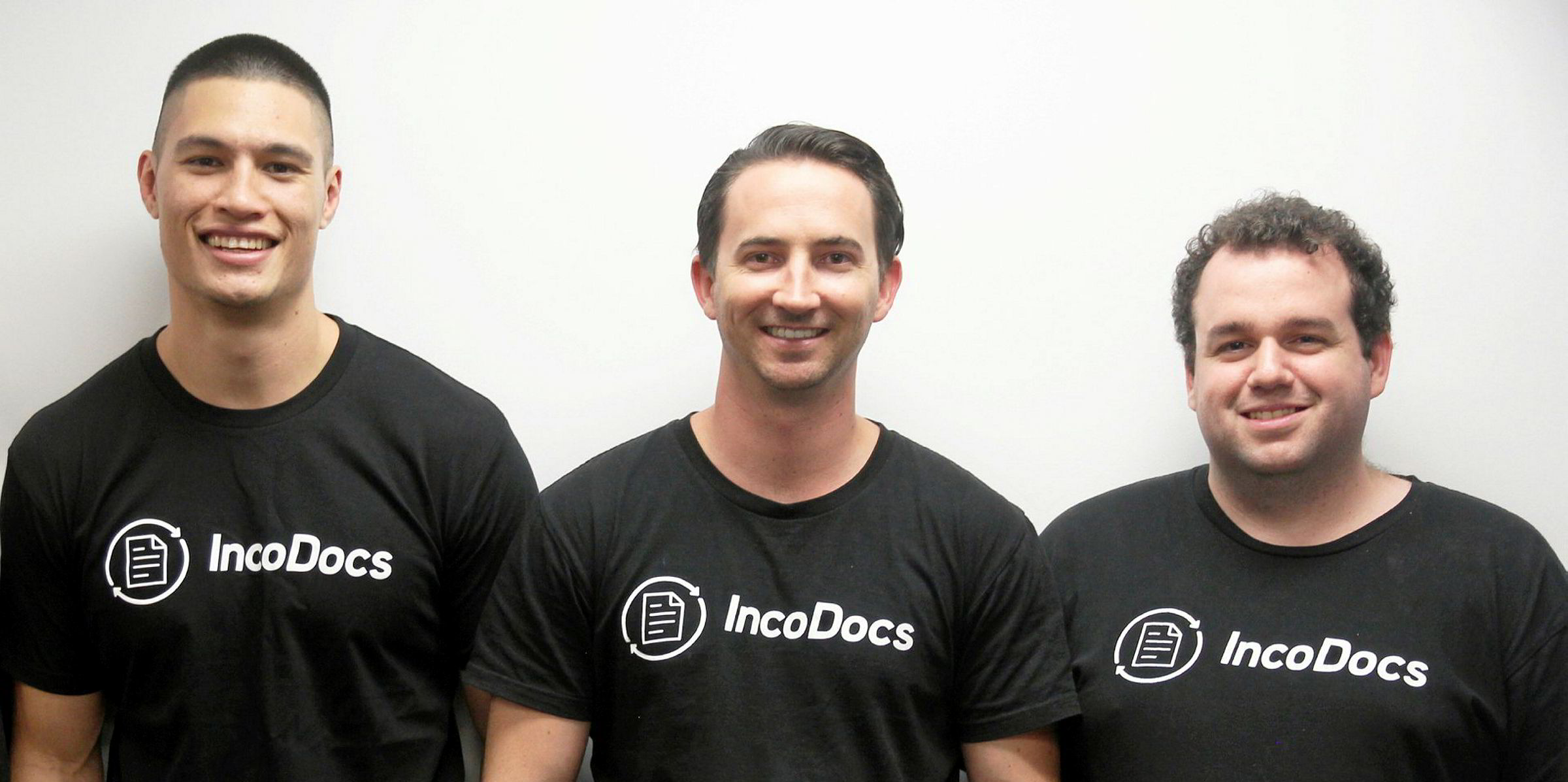Maersk Growth, the venture capital arm of Danish shipping conglomerate AP Moller-Maersk, has emerged as a core investor through seed funding in online trade documentation tool provider IncoDocs.
Backed by the parent group’s capital as well as shipping and logistics expertise, Maersk Growth has a stated goal of reducing barriers and inefficiencies in the global trade system.
Targeting small and medium enterprises (SMEs) in the export business, Australian start-up IncoDocs fits the bill as an investment target.
“We did lots of research," Maersk Growth operating partner Betty Liu told TradeWinds. "We understand this [documentation] is a very big pain point.
'SMEs offer more globally'
“If you look at how global commerce moves forward, SMEs allow a lot more global trade,” Liu added, claiming they are increasingly connected with the trade ecosystem.
Launched in February 2018, IncoDocs offers a library of trade document templates with autofill, copy and compliance check features that allow users to manage their documentation processes efficiently and accurately.
“You don’t need training and a manual... You can understand the product,” IncoDocs chief executive Brandon Boor said.
Boor suggested that the company’s system can be easily accessed by mobile phones at a relatively low cost. In the past 12 months, IncoDocs has attracted more than 4,000 SMEs from over 100 countries that seek paperless trade, saving their details online in encrypted data that can help create trade documents quickly.
Most of the users are companies with 100 members of staff or less.
'Serving small business'
“We are directly targeting to serve the needs of the small business that may not have the enterprise [documentation] software that big businesses have,” Boor said.
Other than Maersk Growth, Transition Level Investments and Blackbird Ventures also participated in the $1.2m seed funding. The money has allowed IncoDocs to double its staff size to six so it can enhance engineering for more product offerings.
“From our investment point of view, we think this solution is very scalable,” Liu said. “We are helping the start-up in terms of branding, assets, expertise... and the relations we have, not just with customers but non-government organisations. And we may co-create products.
“I would not be surprised if we distribute their solutions to the market in the future.”
Sector collaboration
While the users of IncoDocs currently create the documents online before sending them to customs, ports, freight forwarders and shipping lines, Boor said future products will aim to allow more collaboration across sectors on the supply chain.
“If they need to change something... they can just do it in the system”, he said, with all parties involved in the same transaction will have a uniform set of documents.
While some trade-system developers focus more on the technology, such as blockchain linkage, Boor said his company would want to cater to the customers’ needs first.
“We would rather focus on serving the market where we can provide value,” he said.








